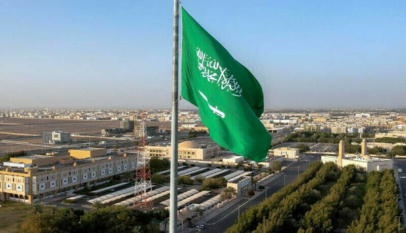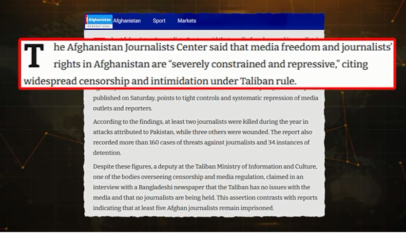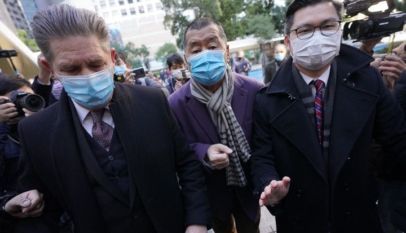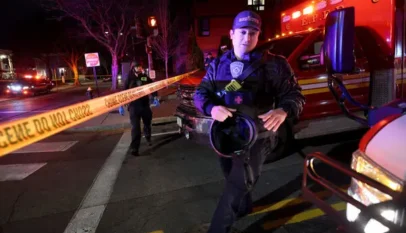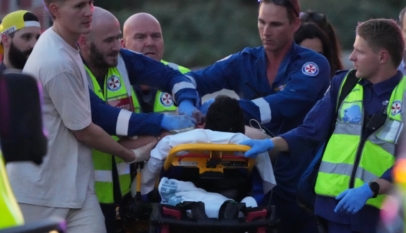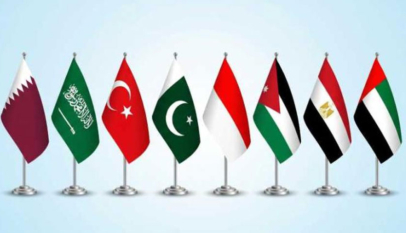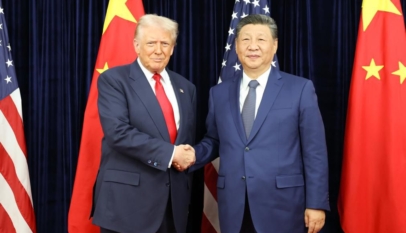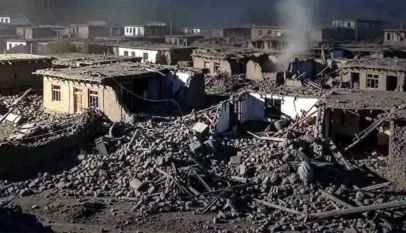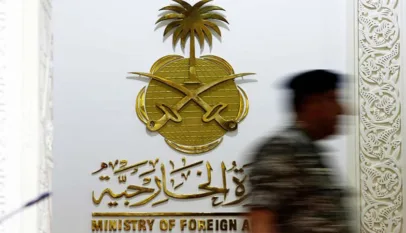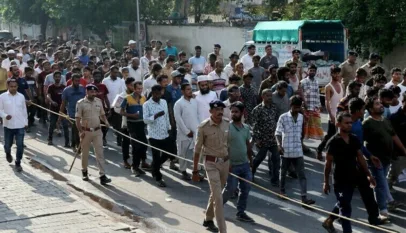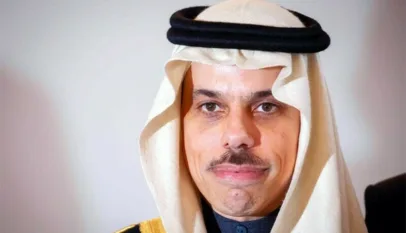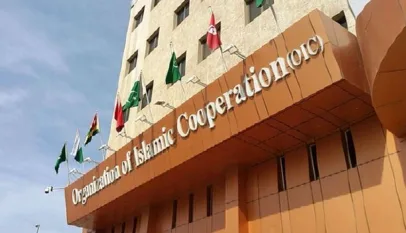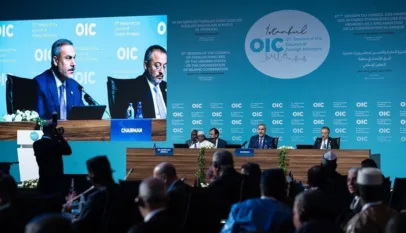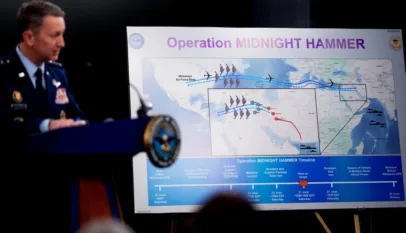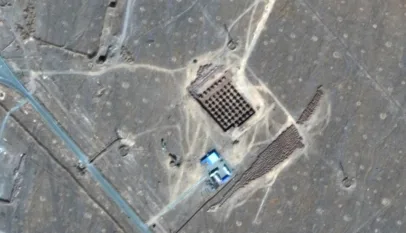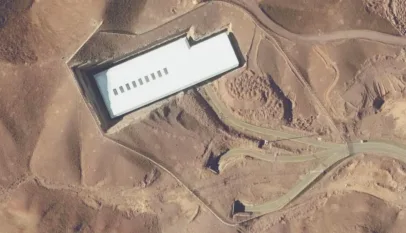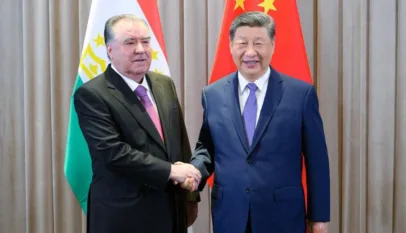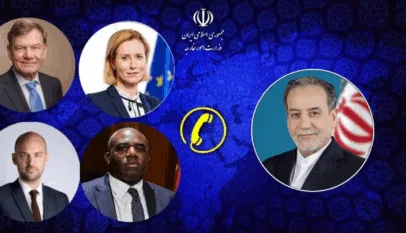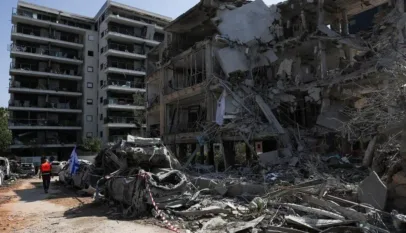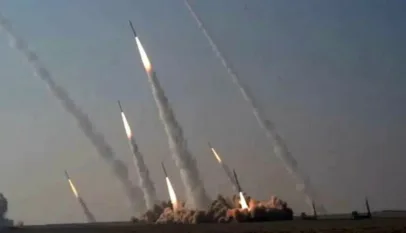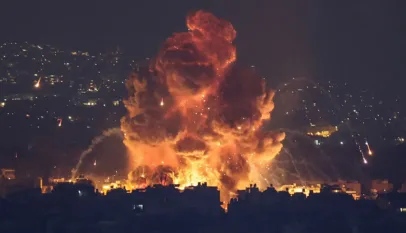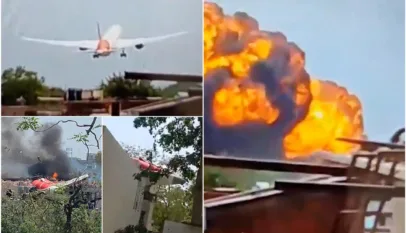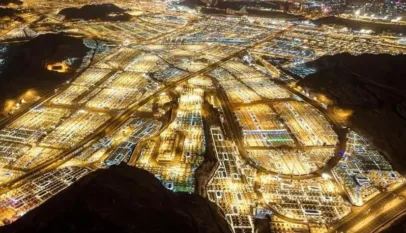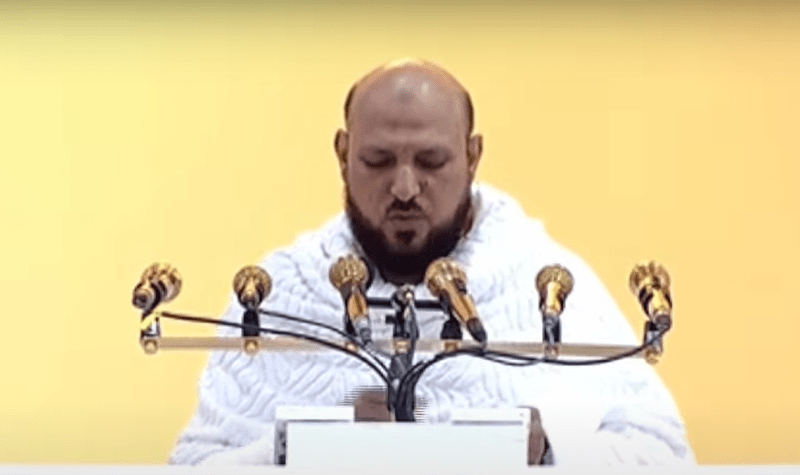
Sheikh Maher Al-Muaiqly, an imam of the Grand Mosque in Makkah, Saturday stressed cooperation and creating a spirit of helping each other in the annual Hajj sermon delivered at the Masjid-e-Nimrah.
In the sermon, the imam urged pilgrims to pray to Allah for themselves, for their parents, and those related to them.
“Whoever supplicates for his brother in the back of the unseen, the angel entrusted to him will say to him, Ameen, and the same for you.”
The Saudi imam emphasised the significance of the Sharia in leading one’s way of life to help flourish and achieve development.
“It prevents harming others or harming them. It enjoins justice, virtuous morals, honouring one’s parents, maintaining ties of kinship, telling the truth, preserving rights while delivering them to their rightful owners, performing trusts, and fulfilling contracts,” he said.
The sermon came after more than 1.5 million Muslims reached Mount Arafat today for the high point of the annual Hajj pilgrimage, praying for hours, especially for Palestinians in war-ravaged Gaza.
Sheikh Al-Muaiqly also prayed for Palestinians suffering at the hands of Israeli brutality for the last eight months.
“Pray for our brothers in Palestine who have been under brutal oppression and denied liberty and provisions,” the imam said.
Clad in white, worshippers began arriving at dawn for the most gruelling day of the annual rites, ascending the rocky, 70-metre (230-foot) hill where Prophet Muhammed (PBUH) delivered his last sermon.
“This is the most important day,” said 46-year-old Egyptian Mohammed Asser, who came prepared with a list of prayers. “I pray also for the Palestinians. May God help them.”
This year’s Hajj is unfolding in the shadow of the genocide unfolding in Gaza. Saudi Arabia’s minister in charge of religious pilgrimages, Tawfiq al-Rabiah, warned last week that “no political activity” would be tolerated during the Hajj.




